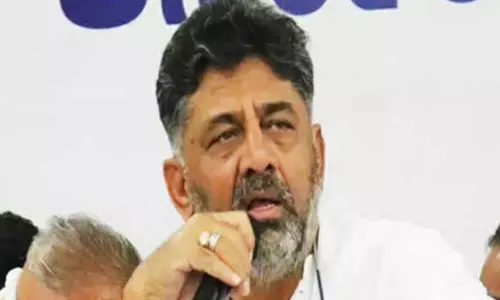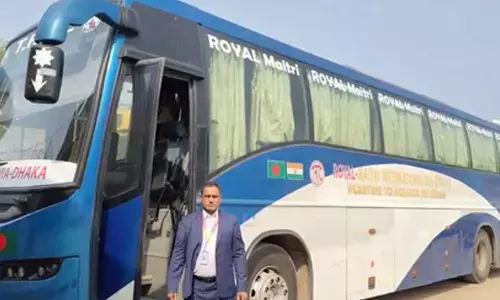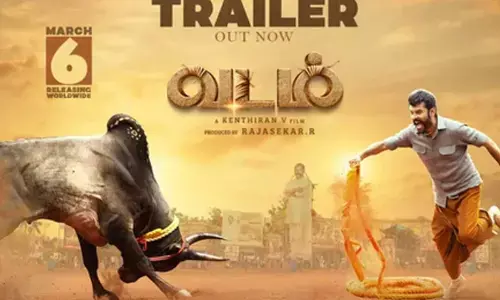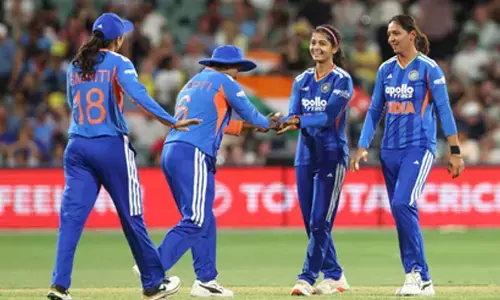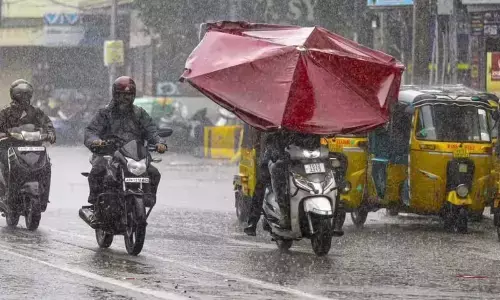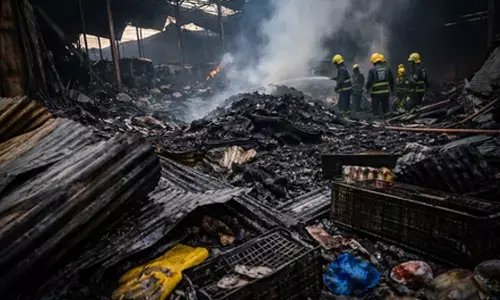Pahalgam massacre: India must respond strongly but not recklessly

The unspeakable terrorist attack in Pahalgam is conspicuous on many counts, the first and foremost of which was its nature: Hindu male civilians were specifically targeted. Among the victims was Naval officer Vinay Narwal, though he was not on duty. Among the 28 killed were two foreign nationals—one from Nepal and another from the UAE. Second, the timing: Prime Minister Narendra Modi was on a visit to Saudi Arabia; he cut short the visit to rush back home. Third, US Vice-President J.D. Vance was on an official visit to India. And, finally, the security lapse was also striking.
The massacre continued for 20-25 minutes, and yet no security personnel could engage with the terrorists. This raises serious concerns about the readiness and responsiveness of local and Central security apparatuses in a region that has long been a flashpoint for terror-related incidents. How could such a brazen act of violence continue for so long without interception? Was there a failure in intelligence gathering or a breakdown in communication? These are questions that demand swift and transparent answers.
Jammu and Kashmir Chief Minister Omar Abdullah is correct in his assessment that the attack was “much larger than anything we’ve seen directed at civilians in recent years.” It should also be seen against the backdrop of a bellicose speech by Pakistan army chief Gen. Asim Munir, a few days back. He went on to describe Kashmir as Pakistan’s “jugular vein.” Indian intelligence officials are reportedly examining whether Munir’s speech played a catalytic role in the Pahalgam attack.
The Resistance Front (TRF), which has claimed responsibility for the strike, is a proxy group of the Lashkar-e-Taiba (LeT) that has been actively supported by Pakistani state and non-state actors. The United Nations and the United States categorise LeT as a terror group. The TRF’s affiliation is crucial because it situates the attack within a broader framework of cross-border terrorism that India has long battled. The Front’s involvement also points to the continued support such groups enjoy in Pakistan, despite international condemnation. India’s response to this atrocity must be strong, decisive, and measured. A knee-jerk reaction would serve the interests of those who wish to portray India as unstable or overly aggressive.
However, inaction or passivity is equally unacceptable. Delhi must keep all options on the table, including diplomatic and military, to hold those responsible accountable. At the same time, it must leverage the international support it has received—from the US, Saudi Arabia, the UAE, and many other nations—to isolate and pressure states that support or shelter terror outfits. Crucially, while the government charts its path forward, it must also ensure that Indian Muslims—an integral part of the nation’s fabric—are not targeted or maligned in the aftermath of this tragedy.
The actions of a few murderers must not be used to justify communal disharmony or hatred. Unity, not division, will be India’s strongest shield against the designs of terrorists. In moments like these, a national resolve must be forged in justice, not vengeance. The victims of Pahalgam deserve nothing less than a thorough pursuit of justice and a reaffirmation of the country’s commitment to peace, security, and pluralism. There is a need to be decisive without being reckless. The world is watching—and so is history.


